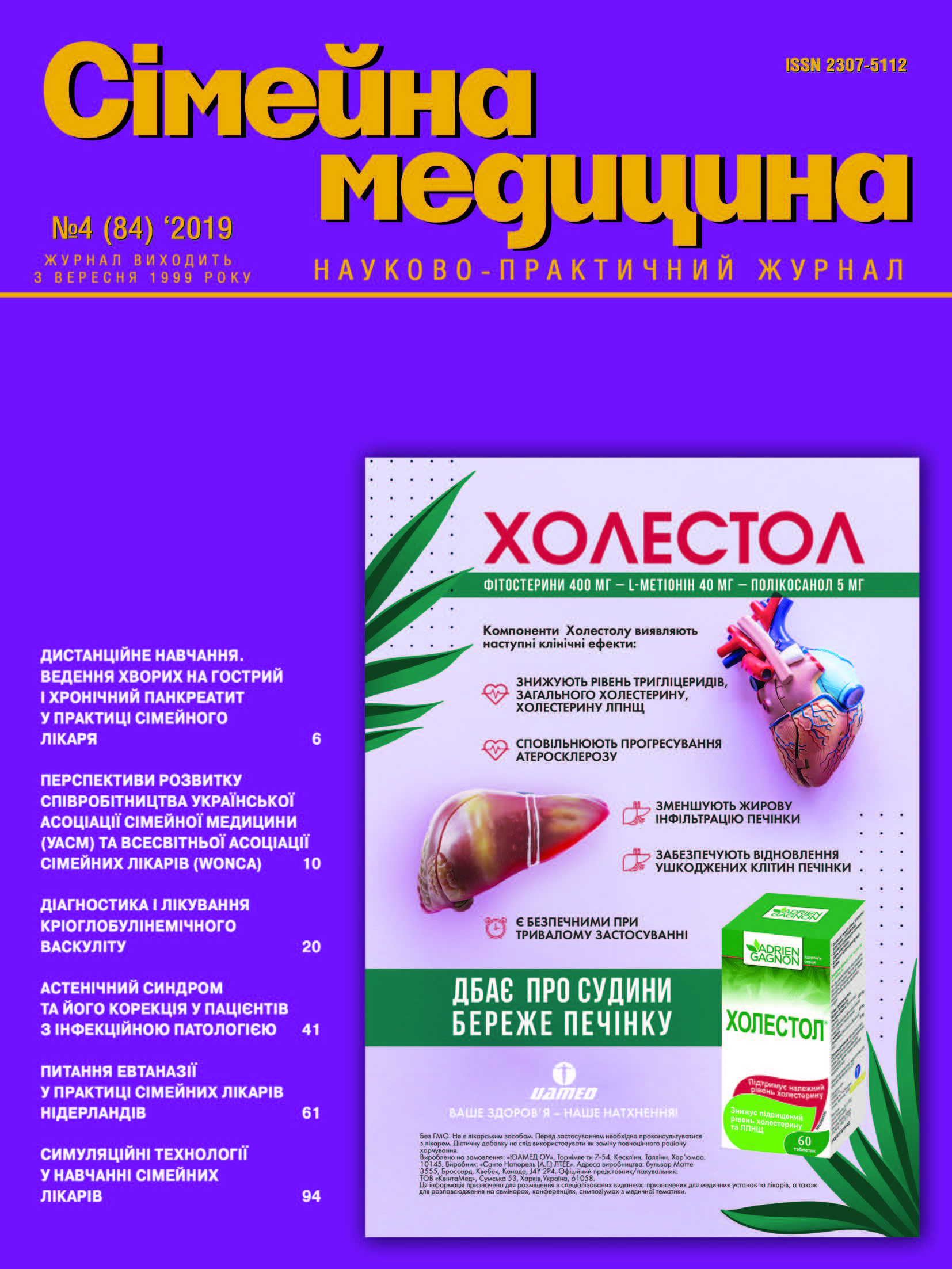Primary Health Care in the World: Results of the 40-year Implementation of the Almaty Declaration (1978) and Future Development According to the Astana Declaration (2018)
##plugins.themes.bootstrap3.article.main##
Abstract
##plugins.themes.bootstrap3.article.details##

This work is licensed under a Creative Commons Attribution 4.0 International License.
Authors retain the copyright and grant the journal the first publication of original scientific articles under the Creative Commons Attribution 4.0 International License, which allows others to distribute work with acknowledgment of authorship and first publication in this journal.
References
http://www.euro.who.int/ru/publications/policy-documents/declaration-of-alma-ata,-1978
https://www.who.int/topics/primary_health_care/ru/
https://www.who.int/health-topics/primary-health-care#tab=tab_1
https://news.un.org/ru/story/2018/10/1341342
https://www.who.int/primary-health/conference-phc
https://www.globalfamilydoctor.com/AboutWonca/PositionStatements.aspx
https://interfax.com.ua/news/pharmacy/543081.html
http://apps.who.int/primary-health/commitments/
https://www.who.int/ru/news-room/fact-sheets/detail/primary-health-care
http://www.euro.who.int/ru/health-topics/Health-systems/primary-health-care
https://www.who.int/docs/default-source/primary-health/declaration/gcphc-declaration-ru.pdf





